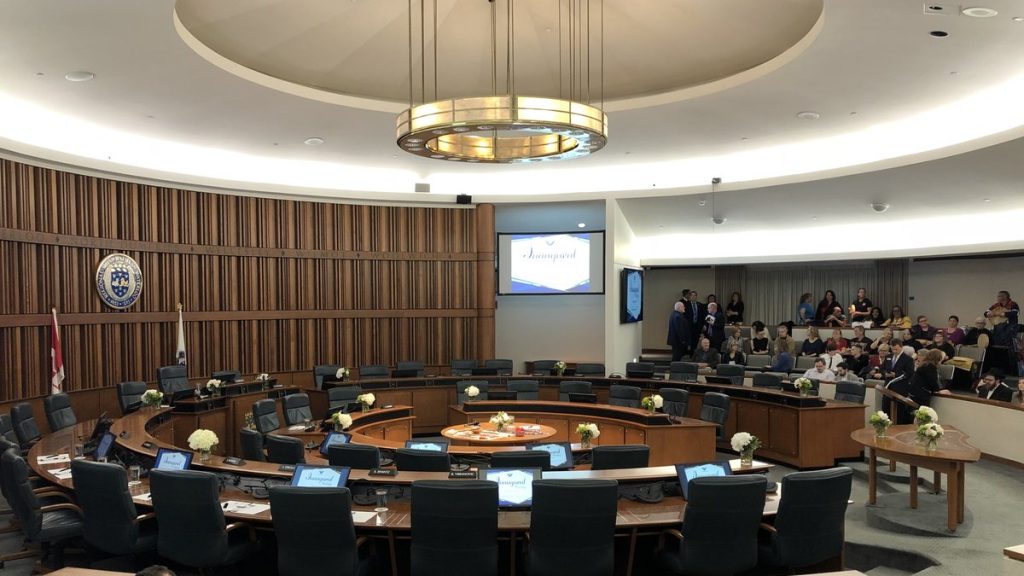Kitchener startup tracks public opinion on local issues to help inform policy decisions
Posted Aug 11, 2022 05:45:00 PM.
Scrolling through Twitter lately, you may have come across a poll asking for your opinion on Kitchener's Queen Victoria statue, or on the regional official plan.
A Kitchener startup uses social media to track public opinion on local issues, with the goal of informing policy decisions.
“I wanted to really do something that had impact on people, and obviously there's lots of problems that need tackling and there's lots of opportunity for making communities better,” said Jay Shah, founder of Waterloo Region Polling.
As he dug into various issues, he found that policy limitations and the rate that policy could keep up with the fast-changing world was inhibiting progress.
“When I started talking to elected officials, bureaucrats, lobbyists, activists, grassroots folks, something that was missing from all of those conversations was quantitative, unbiased data about these issues that affect our community,” Shah said.
The startup has broadcast questions about local housing, amalgamation, bike, lanes, renaming Waterloo Region District School Board schools, and other issues.
Shah said the key is to meet people where they are.
“When you rely on people coming to you, it increases the activation energy required and then, that biases towards people that are very passionate about the issue,” he said.
“What you end up designing for is hearing from extremes. Maybe it's all extremes if you want to put it on a political spectrum. It doesn't matter, but that's not really representative of the whole population.”
There is still work being done to address limitations on the platform, including reaching seniors, who may require channels other than social media.
“Right now, everything we're doing is in English, so if there are some folks that are speaking another language, they may be less inclined or unable to answer. So, we've got to round out some of the edges,” Shah said.
The goal is to reach as many people as possible.
“I think this goes to a tool that people all over the continent, maybe one day the globe can use to increase levels of civic engagement, to increase levels of participation, to give decision-makers a better pulse of what's going on,” he said.
“Hopefully to break down and maybe some of the hyperpolarization we're seeing on lots of different issues simply by publishing the fact that there's lots of different views here.”








